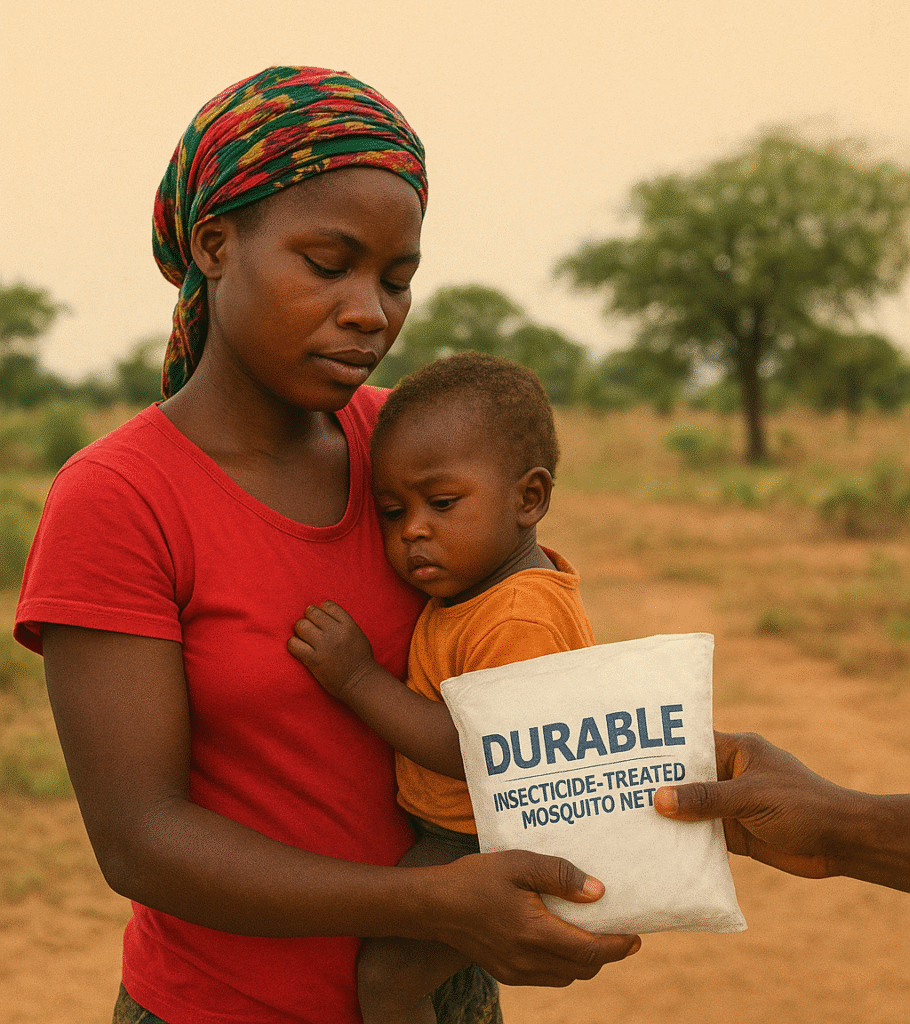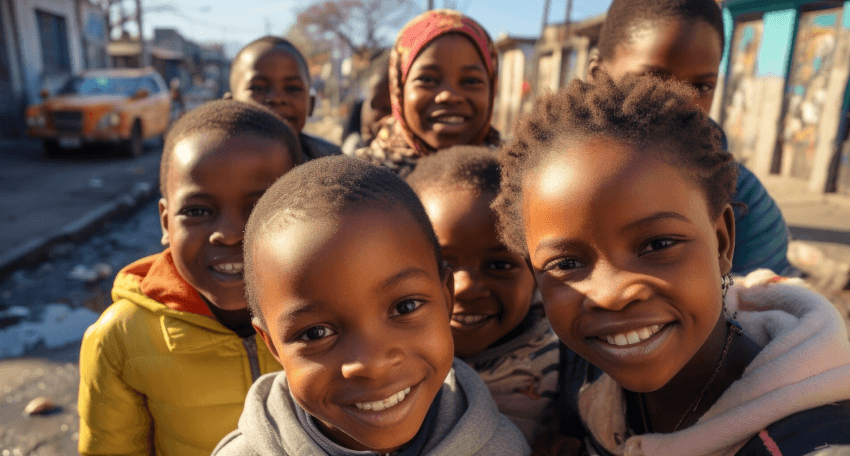Malaria remains one of the most pressing health challenges in sub-Saharan Africa. Favorable climate conditions for mosquitoes make the region especially vulnerable, placing millions of lives at risk each year—most tragically, children under the age of five.
Malaria is a disease of poverty and a cause of poverty. Fighting it is a moral, humanitarian, and economic imperative.
Dr. Tedros Adhanom Ghebreyesus
The Ongoing Battle
Over the years, significant strides have been made to curb malaria’s impact. Communities are increasingly benefiting from insecticide-treated mosquito nets, indoor residual spraying, and public awareness campaigns that stress the importance of prevention. Access to rapid diagnostic tests and nearby healthcare centers has also improved, enabling quicker treatment and better chances of recovery.
Yet, challenges persist. Drug resistance, coupled with limited healthcare infrastructure in many rural areas, continues to hinder progress. For families living far from hospitals or clinics, even basic treatment can be out of reach.
Collaboration for Change
The fight against malaria has shown that partnerships make a difference. African governments, local NGOs, and international organizations such as the World Health Organization (WHO) and the Global Fund have worked hand in hand to reduce malaria cases and save lives. These collective efforts demonstrate the power of solidarity in addressing global health crises.

Looking Ahead
Sustainable solutions must go beyond immediate treatment. The future of malaria control depends on:
- Strengthening healthcare systems so that rural and underserved communities are not left behind.
- Investing in research and vaccines, which hold the promise of long-term protection.
- Empowering communities, ensuring that individuals have the tools, knowledge, and support to take an active role in prevention.
Malaria is preventable and treatable, yet it continues to claim lives unnecessarily. By uniting efforts and investing in both people and systems, sub-Saharan Africa can move closer to a malaria-free future.





